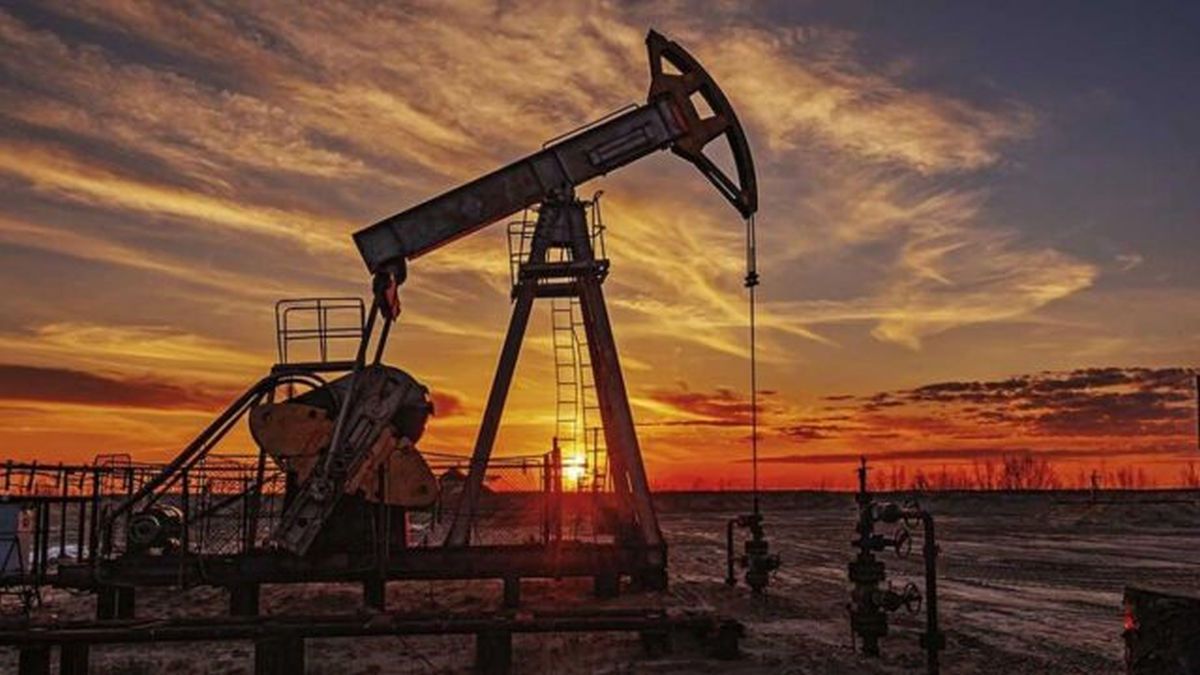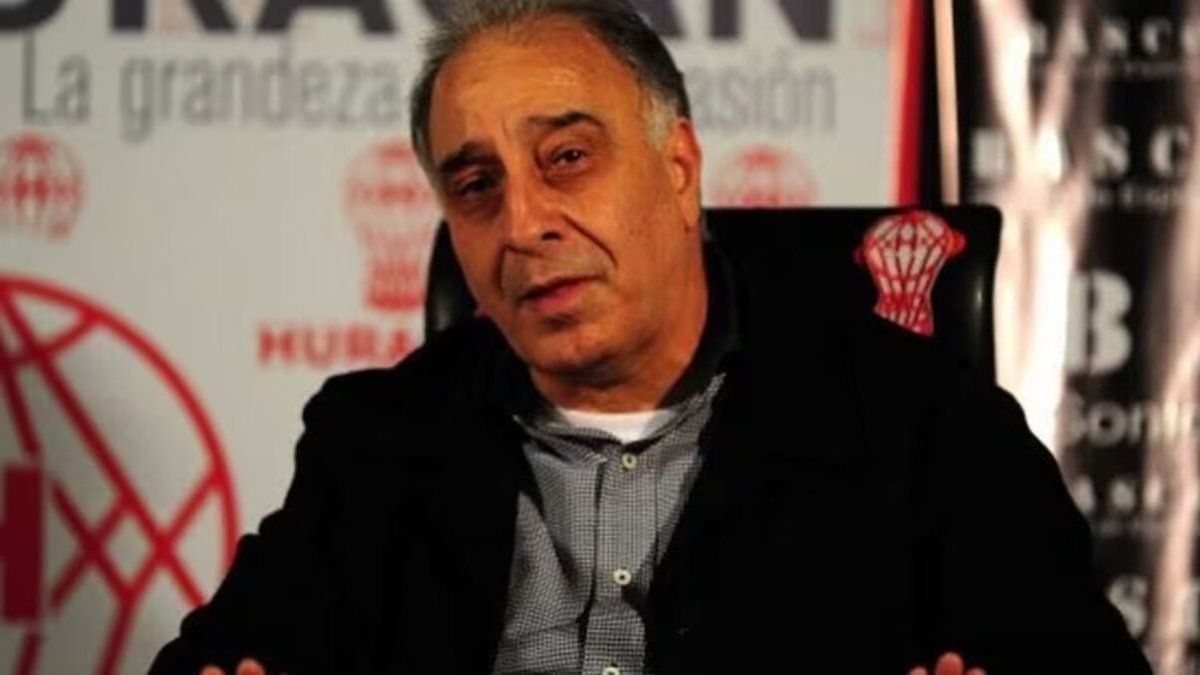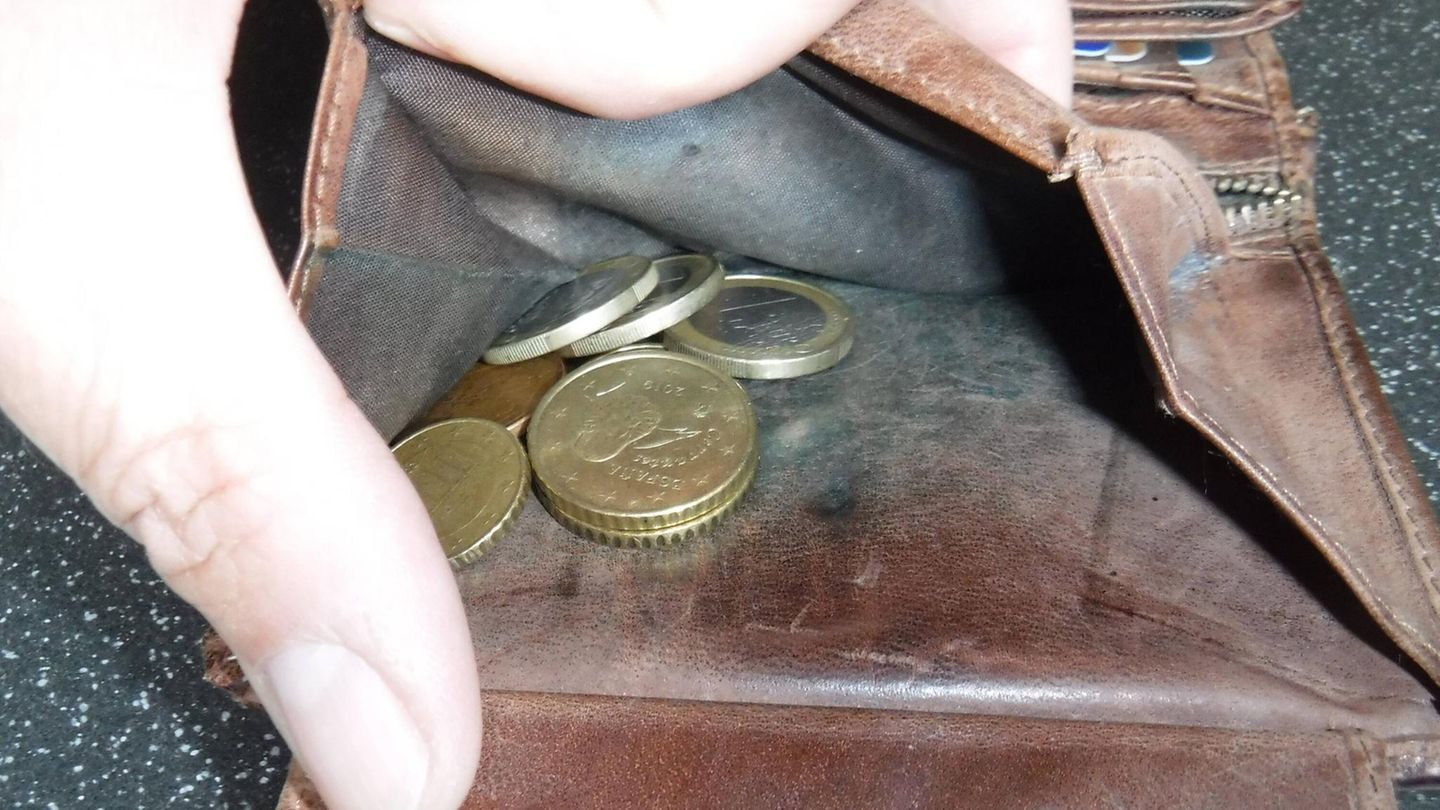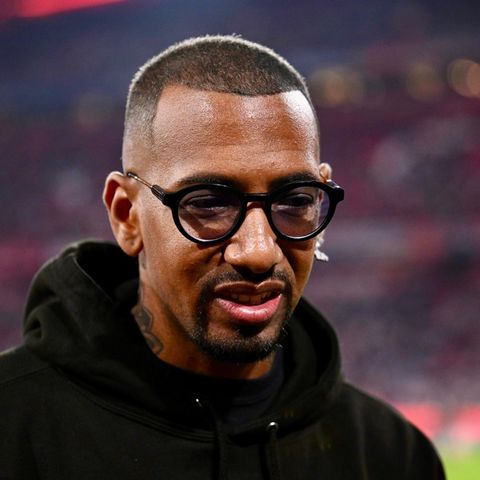the cutout could spur a recovery in oil prices which have fallen to around $90 from $120 three months agoIt’s because of fears of a global economic recession, rising US interest rates and a stronger dollar.
The United States had pressured OPEC not to proceed with the cuts, arguing that the fundamentals do not support them, said a source familiar with the matter.
The sources said it was unclear whether the cuts could include further voluntary reductions by members such as Saudi Arabia, or whether they could include the group’s existing underproduction.
OPEC+ fell about 3.6 million barrels per day short of its production target in August.
“Higher oil prices, if fueled by sizable production cuts, would likely rankle the (Joe) Biden administration ahead of the US midterm elections,” Citi analysts said in a note.
“There could be more political reactions from the US, including additional strategic reserve releases, along with some wild cards including further encouragement of a NOPEC bill,” Citi said, referring to a US antitrust bill against OPEC. .
JPMorgan also said it expects Washington to implement countermeasures by releasing more oil reserves.
Oil prices rise
Saudi Arabia and other members of OPEC+, which groups the Organization of the Petroleum Exporting Countries and other producers including Russia, have said they are seeking to avoid volatility rather than target a particular price. Benchmark Brent crude rose to $93 a barrel on Wednesday, after rising on Tuesday.
The West has accused Russia turning energy into a weaponcreating a crisis in Europe that could trigger gas and power rationing this winter.
Moscow accuses the West of weaponizing the dollar and financial systems like SWIFT in retaliation for sending Russian troops to Ukraine in February.
Part of the reason why Washington wants to lower oil prices is to deprive Russia of oil revenues, while Saudi Arabia has not condemned Moscow’s actions.
Relations have been strained between the kingdom and the government of Biden, who traveled to Riyadh this year but failed to secure any firm commitments to cooperation on energy.
“The decision is technical, not political,” UAE Energy Minister Suhail al-Mazroui told reporters before the meeting.
Russian Deputy Prime Minister Alexander Novak, who was placed on the US Special Designated Nationals sanctions list last week, also traveled to Vienna to participate in the meetings. The official is not under EU sanctions.
Source: Ambito
David William is a talented author who has made a name for himself in the world of writing. He is a professional author who writes on a wide range of topics, from general interest to opinion news. David is currently working as a writer at 24 hours worlds where he brings his unique perspective and in-depth research to his articles, making them both informative and engaging.




